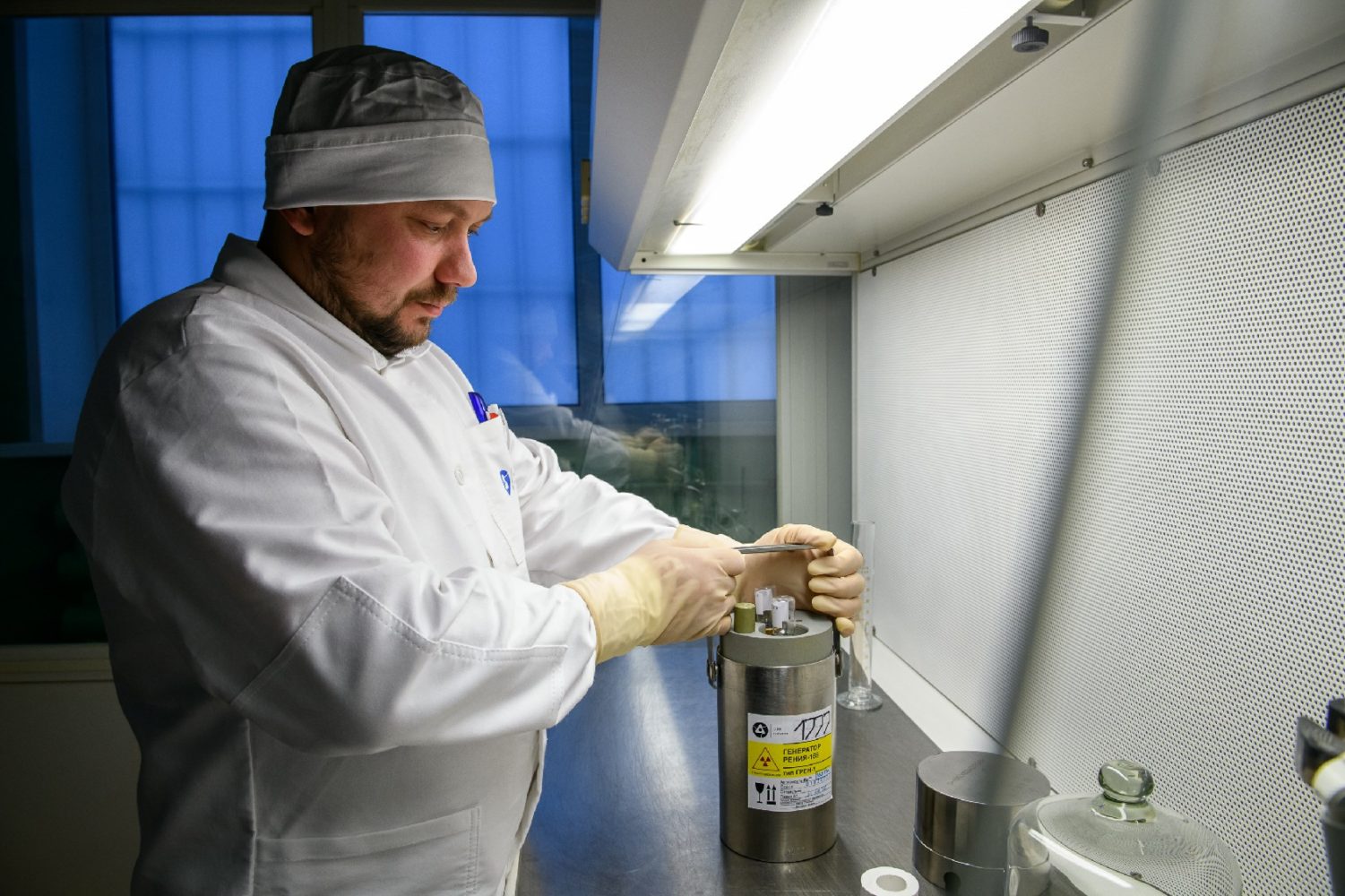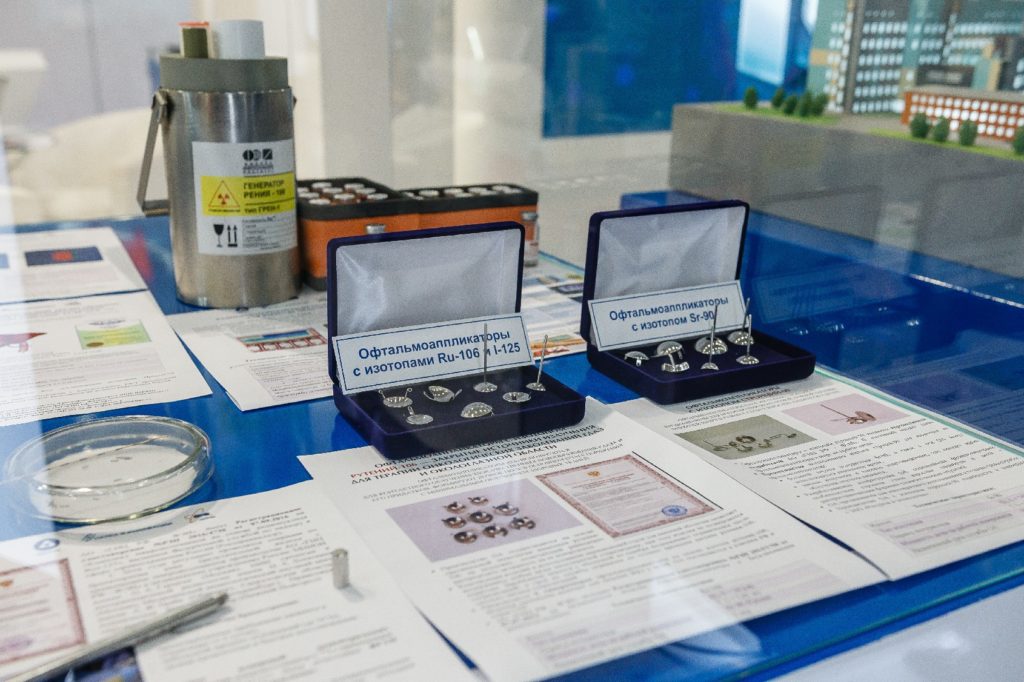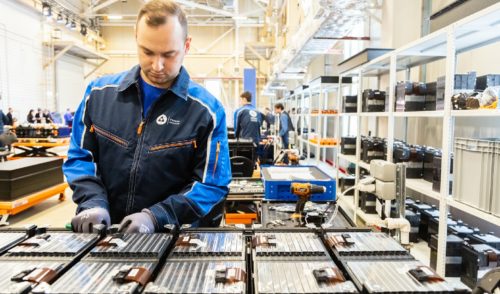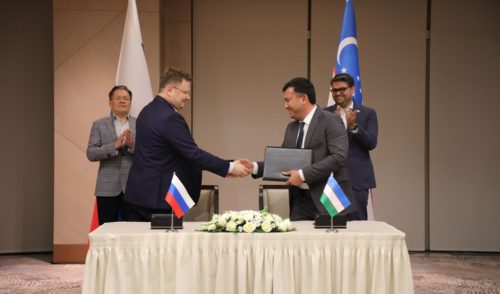
Green Light for Nuclear Medicine
back to contentsNuclear medicine is called one of the most promising healthcare domains of the 21st century. It helps to diagnose early and treat many diseases. Rosatom, which boasts multi-year experience in this field, contributes to the development of nuclear medicine technologies around the world, including in Latin America.
Nuclear medicine has been employed in Russia for decades. Research started back in the Soviet times, and already in the 1950s the nuclear industry of the USSR had medical isotopes in its toolbox. Since the 1960s, Soviet-made medical radioisotope products have been exported.
Rosatom Healthcare Technology is Rosatom’s division that today serves as an integrator of nuclear medicine technologies within the Russian nuclear corporation. The division operates in four principal areas: production and supply of isotopes and radiopharmaceuticals, development of high-tech medical equipment, establishment of medical infrastructure, and development and application of irradiation solutions for medical products and foodstuffs.
Rosatom Healthcare Technology supplies nuclear medicine products to over 50 countries.
“Rosatom is a sign of quality: our partners know that if we take on a project, we will deliver it to the highest standards. When Rosatom enters a country, it creates high-tech jobs and gives an impetus to the economic, technological, and social development of a region or the entire country. We are selling not just a solution, but technology and production culture. As a result, the standards of living grow, and so does the technological sovereignty of the country. That is why our solutions are always in high demand,” Igor Obrubov, Head of Healthcare Technology, told the Novy Atomny Ekspert (New Nuclear Expert) magazine in an interview last summer.
Isotopes
Russia has been a top-five player of the global isotope market for many years. Since demand for isotope products remains consistently high, Rosatom increased its annual exports by 15 % in 2023.
Rosatom is a major supplier of radioactive isotopes to Latin American countries. In particular, the Russian nuclear corporation meets around 30 % of Brazil’s demand for medical isotopes, which are used mostly in positron emission tomography (PET) scans and gamma chambers. Technetium, iodine, gallium and thallium isotopes are used for diagnostics, while iodine, samarium, lutetium and radium isotopes are used for treatment. Most of them are supplied from Russia. Out of 218 million people living in the country, 2 million undergo diagnostic procedures and 77,000 receive therapies every year.

In January 2024, the first regular shipments of molybdenum 99 (Mo 99) and iodine 131 (I 131) were made to clinics in Cuba. Mo 99 is used to diagnose cardiovascular and cancer diseases, while I 131 is employed to diagnose and treat thyroid diseases.
In April, representatives of the Cuban Center of Isotopes (CENTIS) visited V/O Izotop (part of Rosatom’s Healthcare Technology division). The parties discussed current issues of isotope supplies and signed an information exchange agreement aimed at the joint business development.
NRTC
Isotope supplies are an important area of cooperation with the Latin American countries, but far from being the only one. One of the most striking projects is the construction of an unparalleled nuclear research and technology center (NRTC) in Bolivia. Located at 4,000 meters above the sea level, it is the world’s highest altitude nuclear facility. The NRTC comprises a research reactor with nuclear laboratories, a cyclotron facility for the production of radiopharmaceuticals, a multi-purpose food irradiation center, and a radiobiology and radioecology laboratory. The cyclotron and the irradiation center are already in operation. Deliveries of radiopharmaceuticals to Bolivian clinics started in March 2023. The Bolivians now have an opportunity to timely undergo top-quality medical examinations with advanced radiopharmaceuticals without traveling abroad. In the long run, the substances produced at the cyclotron facility will fully substitute imported medicines. The cyclotron facility is capable of producing as many isotopes as needed for over 5,000 diagnostic procedures per year. The Nuclear Research and Technology Center is expected to be commissioned in its entirety in 2025.
The NRTC is the first of its kind in Latin America, and more countries of the region are taking interest in such solutions.
Other destinations
Cooperation with Nicaragua is gaining momentum. Last year, Rosatom and the government of the country signed an agreement on cooperation in non-energy applications of nuclear technology, particularly in medicine and agriculture. In March this year, a roadmap was signed on the sidelines of the Atomexpo 2024 international forum for the development of a nuclear medicine center project in Nicaragua. The medical center will specialize in the diagnostics and treatment of socially significant diseases, mostly oncologies. “Rosatom’s competencies in specialized medical infrastructure gives every ground for confidence that our joint project to build a nuclear medicine center in Nicaragua will be implemented successfully,” said Oscar Vasquez, Director of the Health Department at the Nicaraguan Ministry of Health.
Sharing experience
Russia stages regular events to share its experience and knowledge in nuclear medicine with the international expert community. In 2023, Russia hosted the first International BRICS Expert Forum on Nuclear Medicine. The next one will be held this summer. In February, the first meeting of the BRICS Working Group on Nuclear Medicine was held in Moscow.
“We have been working with Rosatom since 2015 and are expecting to expand our cooperation both in the supply chain and expert areas. We also share knowledge in nuclear medicine with our physician colleagues,” said Rafael Lopes, President of the Brazilian Society of Nuclear Medicine and Molecular Imaging.
Russia’s National Nuclear Research University (MEPhI, one of Rosatom’s backbone universities) and the University of El Salvador (Republic of El Salvador) signed a memorandum of cooperation at Atomexpo 2024.
“We believe that the education our students could receive at your university will promote the development of nuclear medicine in El Salvador,” Roger Armando Arnaz Alvarado, Administrative Vice Rector of the University, said during his visit to MEPhI.




